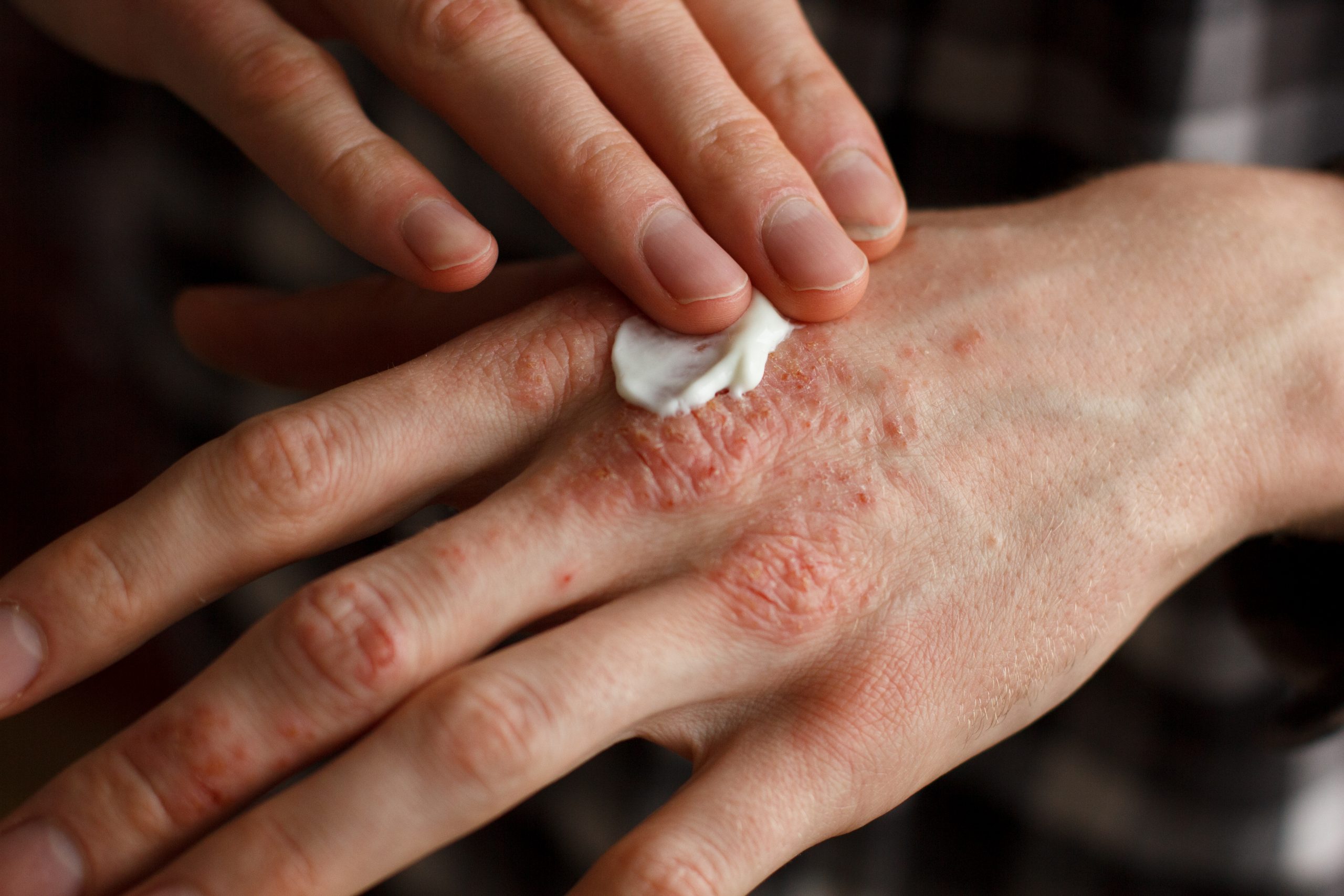Psoriasis, a condition affecting 2-3% of people worldwide, has historically been managed with treatments such as methotrexate. However, the introduction of biologics heralded a new era in how the disease is approached and treated. Dr. Chris Griffiths, an esteemed dermatologist, was pivotal in recognizing and promoting the idea of psoriasis as immune-mediated. With prestigious roles in Manchester’s top research institutions, his contributions to dermatology and, in particular, psoriasis research, are unparalleled.
In the past, the typical treatment trajectory in Western countries started with topical therapies. As the severity of the condition escalated, light therapies and other systemic treatments took precedence. These methods, while effective to an extent, came with potential side effects, necessitating continuous and careful monitoring. Enter biologics. These innovative treatments, primarily in injection form, target specific components of the immune system. They represent a dramatic paradigm shift, addressing the core cause of the disease. Though transformative, biologics have rigorous criteria for usage, ensuring they’re reserved for patients most in need.
The Economic Challenge and Promise of Biosimilars
A primary challenge of biologics is their cost. In the UK, for example, annual treatment expenses can surge to around £10,000. This economic barrier highlighted the need for a more accessible alternative: biosimilars. Biosimilars are akin to biologics but aren’t exact replicas. They emerge when patents on original biologics expire, facilitating their production at substantially reduced prices. Some of these biosimilars, modeled after biologics with over a decade in the market, are available at a fraction, sometimes just a tenth, of the original’s price. Dr. Griffiths’ work has been instrumental in addressing concerns related to the efficacy and safety of biosimilars. His research and observations have reassured many about the comparability of biosimilars to their original counterparts.
Holistic Approaches & Future Directions
Beyond the pharmacological interventions, it’s crucial to view psoriasis as more than a mere skin ailment. Recognized as a systemic condition, psoriasis has ties to other significant health concerns, such as cardiovascular diseases. Factors like obesity can not only intensify psoriasis severity but also impact the effectiveness of treatments. A holistic approach, emphasizing a healthy lifestyle, can have a dual benefit. It can potentially alleviate the severity of psoriasis and enhance the efficacy of treatments, while simultaneously mitigating associated health risks. Dr. Griffiths, among other professionals, emphasizes the importance of integrating these lifestyle changes into treatment regimens.
While biologics and biosimilars are game changers in psoriasis treatment, a comprehensive approach that takes into account the overall health of the patient is equally crucial. With pioneers like Dr. Griffiths leading the charge, the future looks promising for individuals battling psoriasis.





